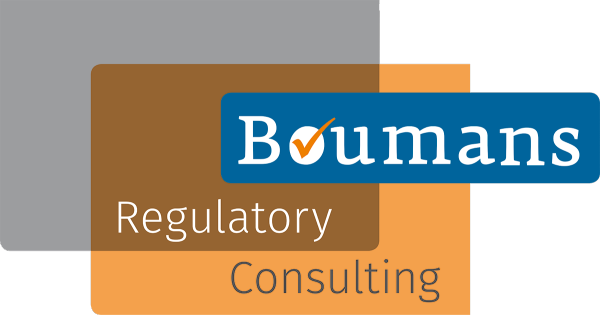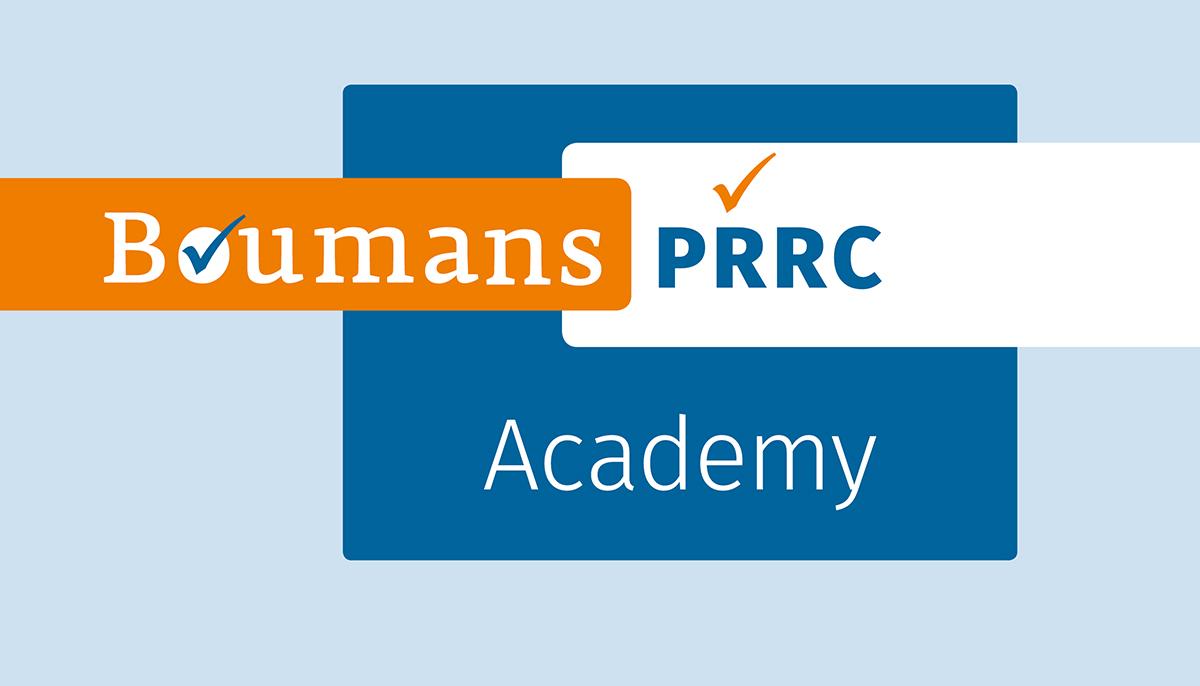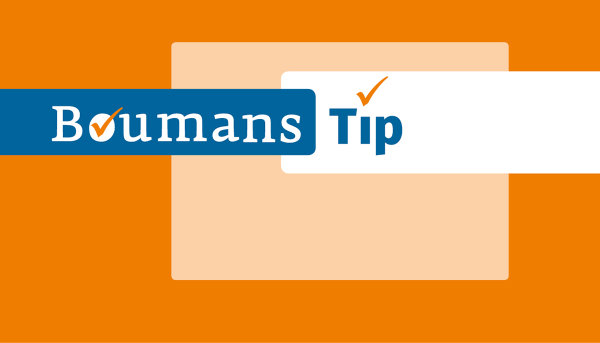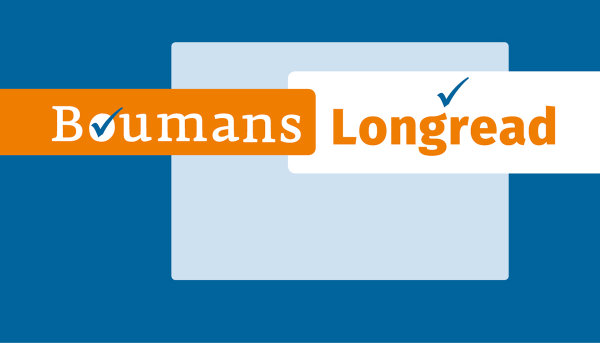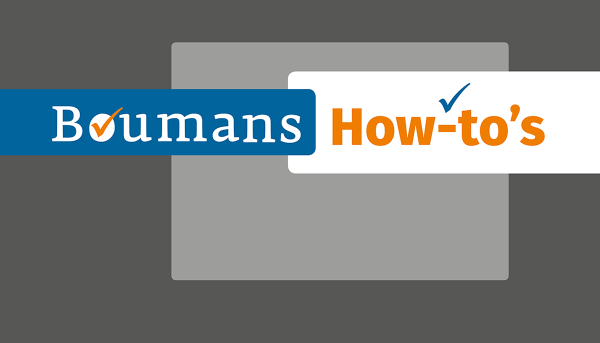Regulatory requirements are written to fit all possible situations and therefore they must always be interpreted to be used in specific situations. All trainings enable staff feeling confident when doing these interpretations, always within the context of the applicable requirements. To do that, these trainings will not only provide contents, there are also practice questions, where students are encouraged to apply the new skills to realistic cases.
Many of these practice questions are based on real cases. New legislation, new staff, new types of devices; all of these – and more – can be reasons to ask for training. Training can be provided in-house to company teams or as an ‘open’ training to individuals. For in-house training the practice questions will as much as possible be related to real challenges the company is facing. This often results in outcomes of training questions that can be applied immediately.
Your training
At this moment the following training content is under development:
- Two days face to face MDR skills training; this training explores the underlying principles of the MDR to strengthen the confidence in interpreting the rules. Trainees will also develop their own practical skills by making challenging practice questions that will develop their skills in making the MDR a tool they can use in their daily work. The training will also include MDCG guidance. After the training trainees will be able to find answers to regulatory questions in the MDR, apply them in practical situations and be (in the most cases) confident about the outcome. Maximum group size is 20.
- Two days face to face Clinical Data for regulatory affairs staff skills training; this training will set out how a regulatory team can develop a practical clinical evaluation plan, based on the intended purpose and related documentation. The first day will explore the pre-market data, the second day will explore the post-market data. In the PMCF section attention will be paid to alternatives to conventional PMCF studies, which may result in increased data quality at a much lower cost. After this training the regulatory affairs team can communicate more effectively with biostatisticians and CRO’s and apply the outcome of studies and surveys in the continuous evaluation of the compliance of the device. Maximum group size is 20.
- Online, live training in writing a justification for the status of a medical device and its classification. In 90 minutes students will get hands-on guidance in how to build such a document and they will receive a useful template that they can further develop. After the 90 minutes of training there is room for a full 30 minutes of discussion and questions. Maximum group size is 30.
- Online, live training in structuring the device port folio into UDI’s. In 90 minutes students will get hands-on guidance in understanding all the levels of UDI as defined in the MDR and how they interlink. Their relation to UDI in other markets will also be addressed. After the training the students will be able to structure the devices portfolio into UDI’s. After the 90 minutes of training there is room for a full 30 minutes of discussion and questions. Maximum group size is 30.
Above trainings are now being developed for specific clients. They can be made available to other companies as well. Just reach out if you have a team of 10-20 staff for in-house, live training. Or if you want your teams to be part of a company specific webinar.
These trainings may also be offered to individuals. Depending on the demand and the location of potential candidates a nice location in Europe will be selected for these trainings. Just reach out an express your interest!
